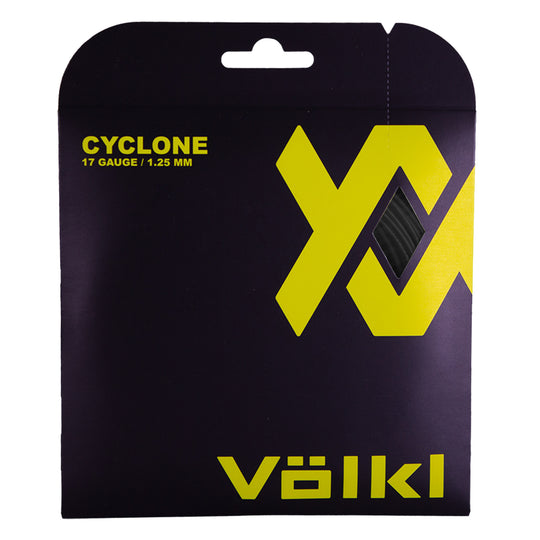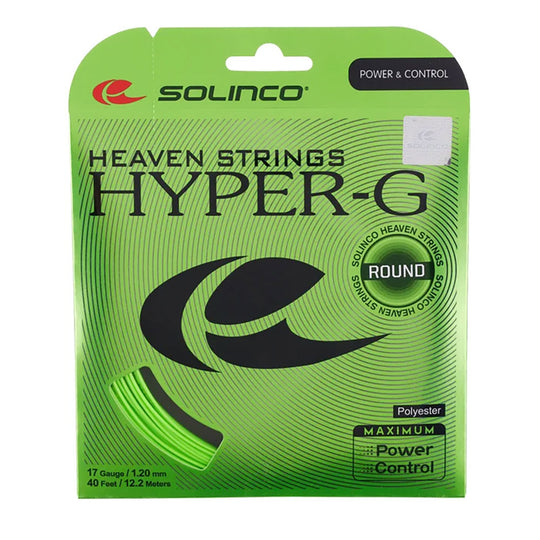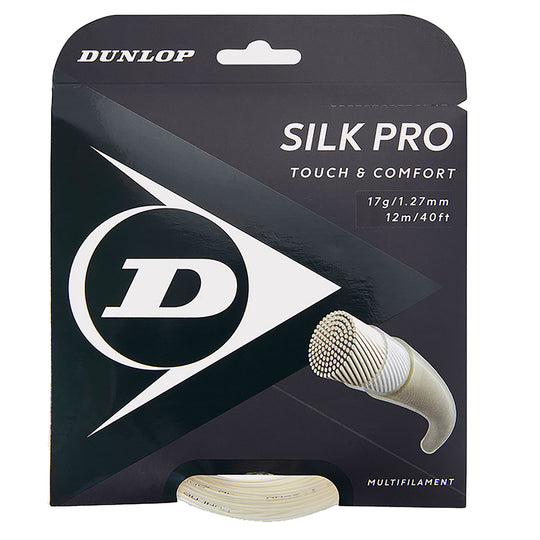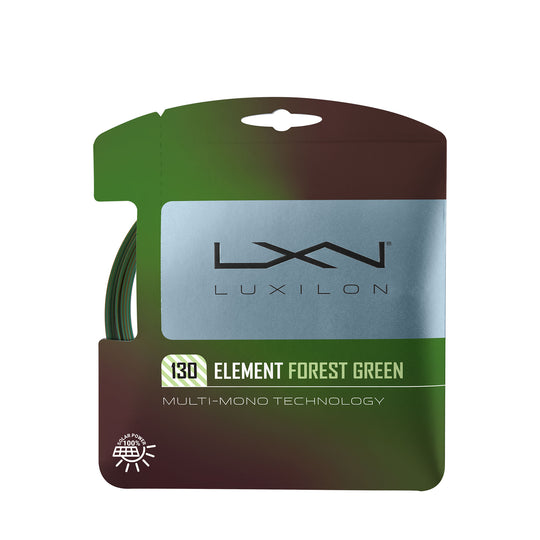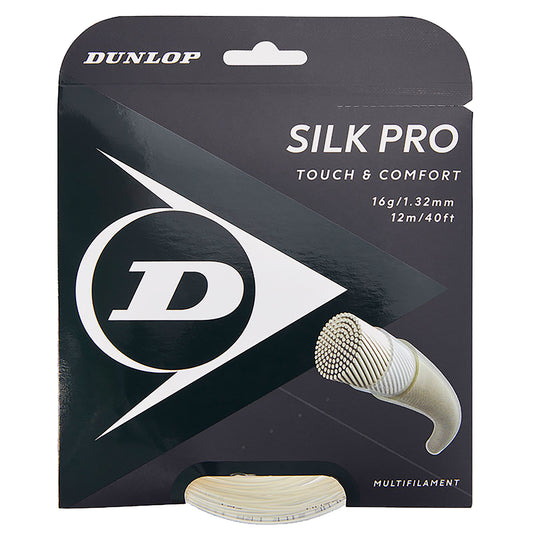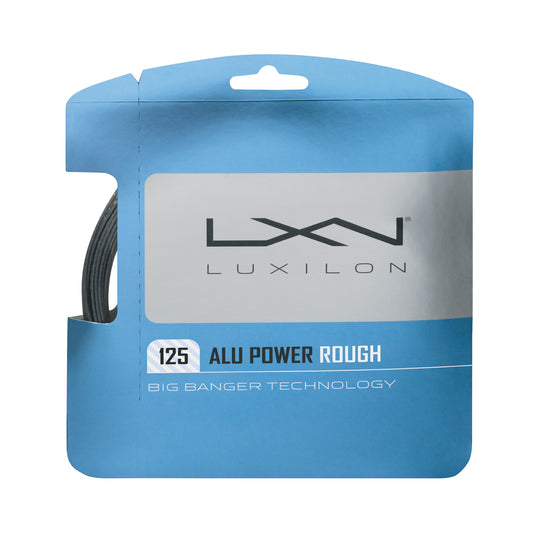Tennis Strings
Strings are the only thing that strike the ball (or at least are supposed to.) They have enormous influence over pace, control, and stress on the arm. They can seriously impact your cash too. With multiple materials, construction methods and even colors, there are more options than you can count.
What are strings made of?
Nylon, polyester, and animal intestines (natural gut) are the three main materials - each with their own strengths. A common misunderstanding surrounds gut. An urban legend from years ago asserts that the intestines being used come from cats - thus the term catgut. This legend was and is completely false. Cows are used now.
What kinds of strings are there?
What does gauge mean?
The higher the number the thinner the string. However, since there is not an industry standard, a 16 from one manufacturer may not be the exact same thickness as another. Always look for the exact diameter of the string as expressed in millimeters (mm). Thicker strings last longer with more control. Thinner strings don’t last as long but generate more spin and power.
What tension should tennis strings be?
Most people use tension between 45 and 65 pounds. Your racquet should have a recommended range printed right on it. This is an individual preference with most people near the middle of this range. Higher tension means more control and durability and more stress on the arm but less power. Lower tension is the opposite. Because tension decreases immediately and even more over time, slightly higher tension than you need makes sense.
What about tension for other sports?
The principles are the same but the ranges are different.
Squash strings: high: 29-30 pounds, low is 25 pounds.
Racquetball strings range from 36 to 24 pounds.
Badminton strings range from 17 to 27 pounds.
How often should I restring my racquet?
The rule of thumb is to restring as many times per year as you play per week. Twice per year should be the minimum as string tensions gradually go down over time.
How do I choose the right string for me?
This is a very personal decision. There are four key questions to answer:
What is the candid assessment of my overall ability?
What do I want most from my strings: power, control, or arm comfort?
What is my budget?
Are my playing conditions (climate, type of court, how hard I hit etc.) increasing my string wear and tear?
What strings do the pros use?
Squash: Tecnifibre followed by Ashaway.
Racquetball: Python is the leader.
Badminton: Yonex and Aerobyte lead.
Tennisracquets.com is committed to providing a wide variety of strings at reasonable prices. Stringing services are available. Need advice? Call us. Consult our Learning Center. We have what you need in equipment, balls, clothing, and accessories. We want you to play well and look good doing it!

